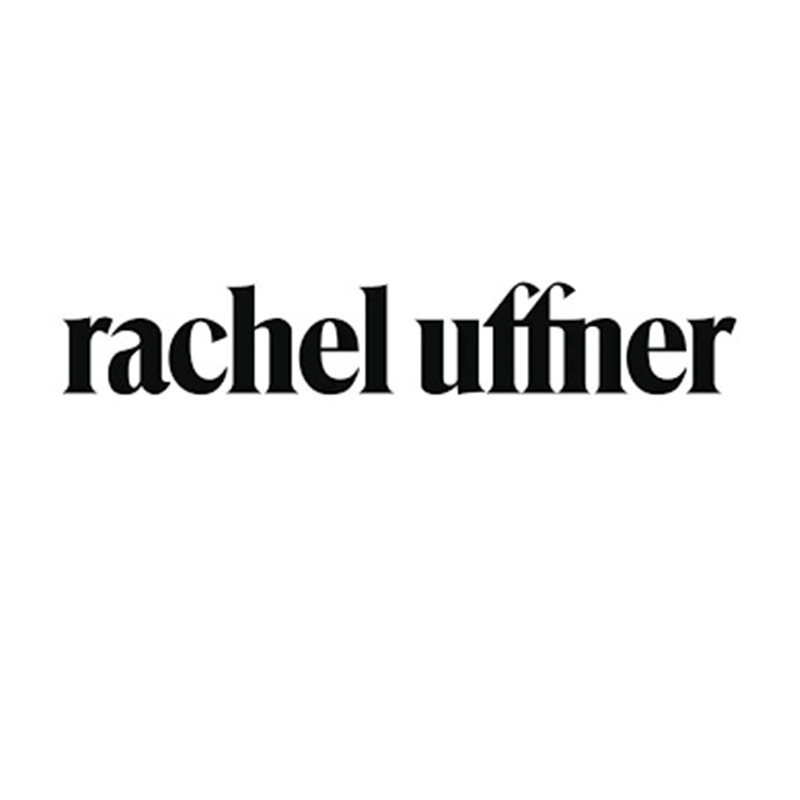 Rachel Uffner Gallery
Rachel Uffner Gallery
Rachel Uffner Gallery is pleased to present In Between Places, artist Arghavan Khosravi’s first solo exhibition at the gallery. Largely made in isolation during the past year of quarantine, the new works in the exhibition build upon Khosravi’s previous explorations of techniques taken from historical painting genres — such the use of stacked perspective in Persian miniature painting — while also incorporating new sculptural and three-dimensional elements that further emphasize qualities of illusion and artifice.
The paradoxical scenes in Khosravi’s paintings often reflect the artist’s experiences growing up and living in Iran, where personal freedom remains severely constrained by ideological autocracy. Rendered on surfaces that have been layered to create visual depth, the new paintings evoke the structure of a theatrical set and the corresponding implication of a not-quite-real world built on false appearances. This recurring visual fracture within the works mirrors the ruptures in Khosravi’s own life as she lives in the United States, separated from her family in Iran. In a more general sense, the works’ fractured surfaces amplify the feelings of distance and dislocation that have characterized many people’s daily lives during periods of quarantine over the past year.
Visually distinct yet conjoined, the panels show how multiple realities collide in close proximity to each other, forging something new and strange through contradiction. In these clashing compositions, Khosravi draws upon the clear divide between public and private life in Iran. Ornate Persian floral motifs suggest heavenly gardens behind closed doors, but it is unclear whether these spaces represent the possibilities for respite afforded by private life or the image of utopian paradise promised by religious fundamentalism.
A central rectangular column containing elements of a female figure appears in most paintings, serving as a consistent structural device. Instead of showing an entire figure, Khosravi focuses on closely cropped portions of a figure’s face or neck, for example, or a hand’s gesture. This emphasis on particular body parts, paired with a more vivid, highly saturated color palette that is new to Khosravi’s work, recalls the Pop influence of painters such as Tom Wesselmann and Martial Raysse. Geometric forms achieve a new level of prominence through the use of shaped canvases, which unite multiple picture planes to form a whole image.
Khosravi’s rich symbolic language also continues to develop in this new body of work. The red threads that appeared as signifiers of patriarchal repression and imposed power in her earlier paintings have evolved into the black links of a ball and chain. These chains take multiple forms as shackles and latches, which are unlocked in some cases and not in others. In some works, such as The Key (2021), shackles placed prominently on an open book indicate censorship, which is common in Iran. A large trompe l’oeil key dangles in the painting’s foreground, appearing both as a symbol of liberation and Khosravi’s invitation for viewers to decode her paintings’ visual puzzles.


